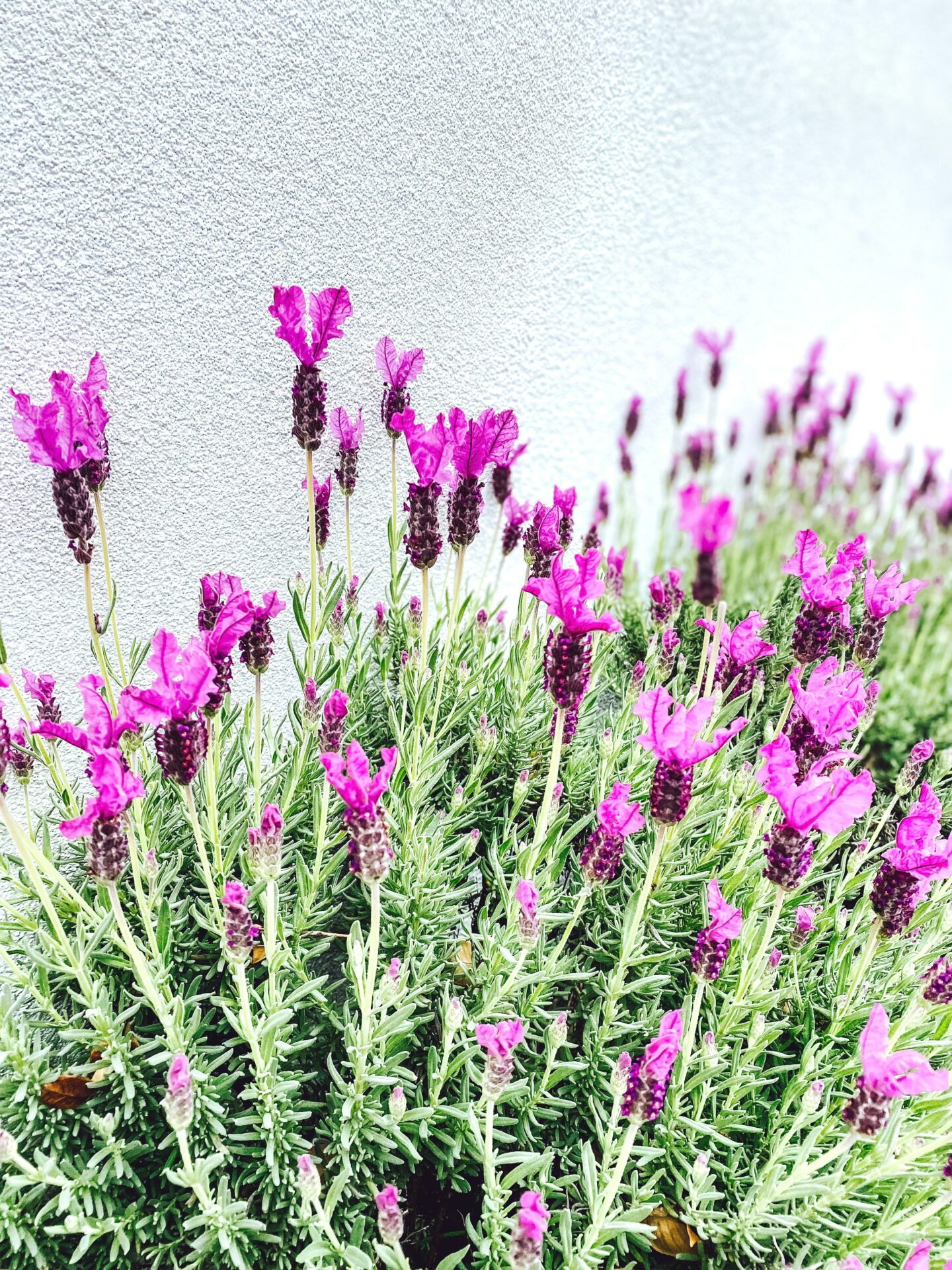Botanical Description:
Scientific Name: Pueraria lobata
Common Names: Kudzu, Japanese arrowroot
Description:
Kudzu is a climbing, invasive vine belonging to the Fabaceae family. Native to East Asia, it is known for its rapid growth and ability to cover other vegetation. The root of the Kudzu plant has been used in traditional medicine. Kudzu contains various compounds that contribute to its potential therapeutic actions.
Disclaimer:
This Materia Medica is provided for informational purposes only and should not replace professional medical advice. Please consult with a qualified healthcare practitioner or herbalist before using any herbal remedies.
Therapeutic Actions:
- Adaptogen:
- Kudzu is recognized for its potential adaptogenic properties, helping the body adapt to stress.
- Antioxidant:
- Exhibits antioxidant effects, contributing to its overall protective actions.
- Cardiovascular Support:
- Traditionally used for potential cardiovascular benefits.
- Traditional Respiratory Support:
- Employed in traditional medicine for respiratory health.
Constituents:
- Isoflavones:
- Compounds with potential hormonal and antioxidant effects.
- Starch:
- The root contains starch and has been used as a food source.
- Phytoestrogens:
- Plant compounds with estrogenic effects.
Traditional Uses:
- Alcohol Moderation:
- Kudzu has been studied for its potential role in reducing alcohol intake.
- Respiratory Conditions:
- Traditional use includes addressing respiratory conditions.
- Adaptogenic Support:
- Used as an adaptogen to support the body’s response to stress.
- Cardiovascular Health:
- Employed for potential cardiovascular benefits in traditional medicine.
Dosage and Preparation:
- Kudzu Extract:
- Liquid extracts prepared with water or other solvents. Dosage may vary, and it’s essential to follow recommended guidelines.
- Kudzu Tea:
- Infusions made from dried Kudzu root. Dosage may vary, and it’s essential to follow recommended guidelines.
- Powdered Kudzu Root:
- The root can be dried and ground into a powder for various applications. Dosage may vary.
Cautions and Considerations:
- Estrogen Sensitivity:
- Due to its phytoestrogen content, individuals with estrogen-related conditions should exercise caution.
- Interactions with Medications:
- Consultation with a healthcare professional is recommended, especially for individuals taking medications.
- Allergies:
- Individuals with known allergies to Kudzu or related plants should exercise caution.
Conclusion:
Kudzu, with its invasive nature, has found a place in traditional medicine for its potential adaptogenic and antioxidant properties. From its studied role in alcohol moderation to its traditional use in respiratory and cardiovascular support, Kudzu offers a range of potential benefits. Whether taken as extracts, infusions, or in powdered form, it provides accessible options for those seeking natural remedies. However, caution is advised, especially for individuals with estrogen-related conditions or those taking medications. This Exhaustive Materia Medica aims to provide comprehensive insights into Kudzu’s botanical description, therapeutic actions, constituents, traditional uses, dosage, precautions, and applications. For personalized guidance, consultation with healthcare professionals or herbalists is recommended, ensuring safe and effective utilization of Kudzu as a herbal remedy.





